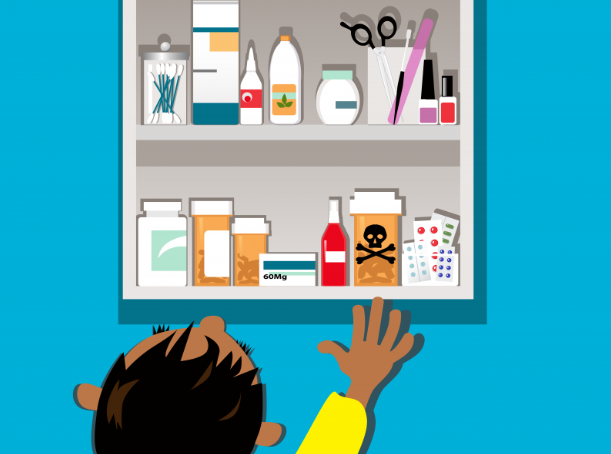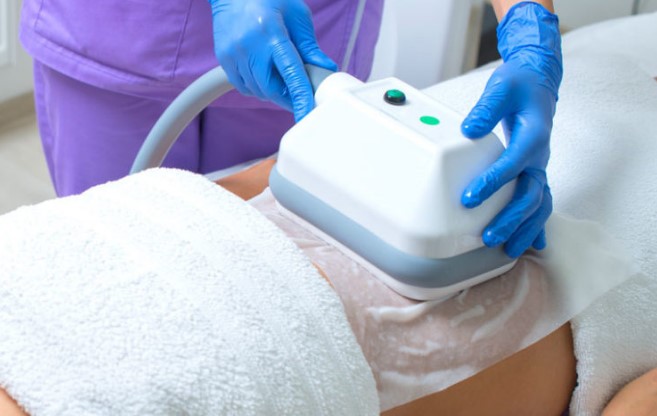Prescription Medication Safety: Safeguarding Health and Well-Being

Prescription medications are indispensable tools in the arsenal of healthcare professionals, contributing significantly to patient health. However, their effectiveness and safety depend not only on proper dispensing but also on the careful management of storage and disposal. In this article, we explore essential tips for the secure storage and responsible disposal of prescription medications, like using a vaccine fridge to ensure not only their efficacy but also the health and safety of patients.
The Crucial Role of Proper Storage
Preserving Medication Potency
Prescription medications are designed to deliver specific health benefits when taken correctly. However, improper storage can compromise their potency. Medications exposed to extreme temperatures or humidity are susceptible to deterioration. As such, maintaining their effectiveness requires appropriate storage conditions.
Preventing Medication Misuse
Beyond preserving efficacy, proper storage also prevents medication misuse. When medications are accessible to others in a household, accidental ingestion becomes a risk, especially for children or individuals with cognitive impairments. And ensuring secure storage mitigates this risk.
The Significance of the Vaccine Fridge
The vaccine fridge, though primarily associated with vaccines, plays a vital role in medication storage, including many prescription drugs. These specialised refrigerators are engineered for precise temperature control, ensuring that medications remain within the recommended temperature range. Using this appliance or a similar appliance for refrigerated medications or vaccines is crucial, as household refrigerators may not provide the consistency required.
Guidelines for Proper Medication Storage
Review Medication Labels
Always begin by reviewing the medication label for specific storage instructions. Some medications necessitate room-temperature storage, while others require refrigeration. So, pay close attention to temperature requirements.
Employ a Vaccine Fridge When Necessary
For medications requiring refrigeration, consider investing in a vaccine refrigerator or ensuring your pharmacy’s refrigerator maintains the prescribed temperature range (typically between 36°F to 46°F or 2°C to 8°C). Regular temperature monitoring is essential to ensure compliance.
Maintain Original Packaging
Retain medications in their original packaging with proper labelling. This practice minimises the risk of mix-ups and ensures patients take the correct dosage. Original packaging also contains essential storage information.
Shield from Light and Moisture
Light and moisture can adversely affect medications, so store them in a cool, dry location away from direct sunlight or humidity. Bathrooms, with their fluctuating humidity levels, should be avoided.
Employ Child-Resistant Containers
When dispensing medications, use child-resistant containers. These containers are designed to be challenging for children to open, reducing the risk of accidental ingestion.
Educate Patients
Dedicate time to educate patients about proper medication storage. Offer clear instructions on temperature requirements and provide guidance on precautions to observe at home. Likewise, encourage patients to seek clarification if they have any concerns.
Safe Medication Disposal Practices
The responsible disposal of unused or expired medications is equally critical to prevent unintended consequences. Here are some guidelines for safe medication disposal:
Comply With Local Regulations
Familiarise yourself with local regulations governing medication disposal. Some regions have specific disposal programs or designated locations for the safe return of medications.
Erase Personal Information
Before disposing of medication packaging, ensure all personal information, including prescription labels, is removed or obscured to safeguard patient privacy.
Avoid Flushing Medications
Flushing medications down the toilet is discouraged unless explicitly instructed on the medication label or by a healthcare professional. It can potentially harm the environment.
Explore Medication Take-Back Programs
Many pharmacies and law enforcement agencies offer medication take-back programs. So, encourage patients to use these services for safe disposal.
Mix With Unwanted Substances
For solid medications, consider mixing them with an undesirable substance, like cat litter or coffee grounds, before sealing them in a plastic bag for disposal in the trash. This can discourage misuse.
A pharmacist’s commitment to patient health extends beyond the pharmacy counter. The proper storage, as well as disposal of prescription medications are integral to medication safety, directly impacting patient well-being. So, by adhering to these guidelines, one can ensure the continued effectiveness and safety of prescription medications, contributing to improved health outcomes and the overall safety of the communities.






